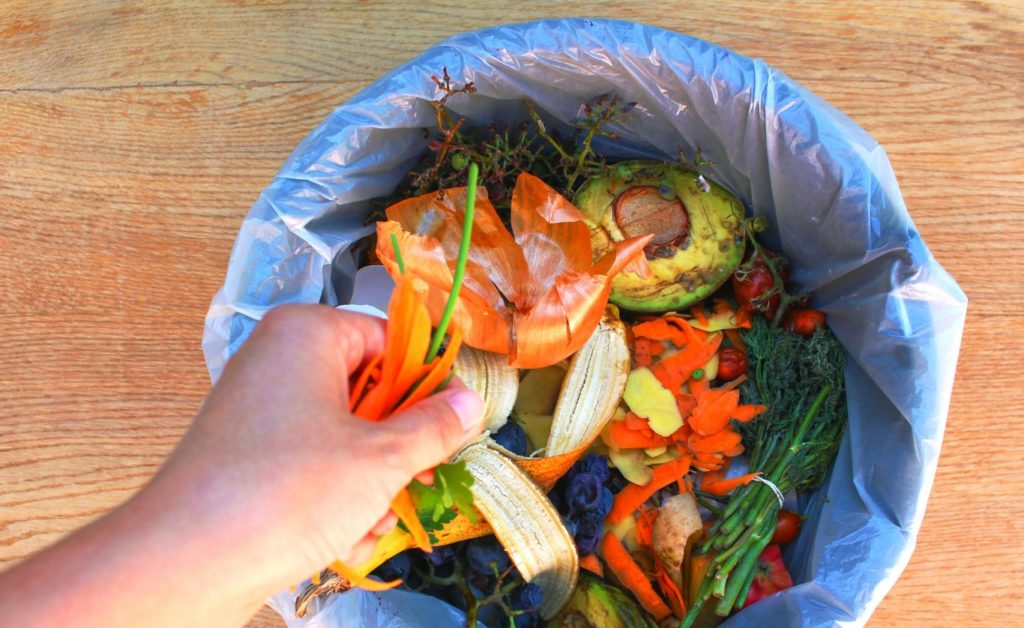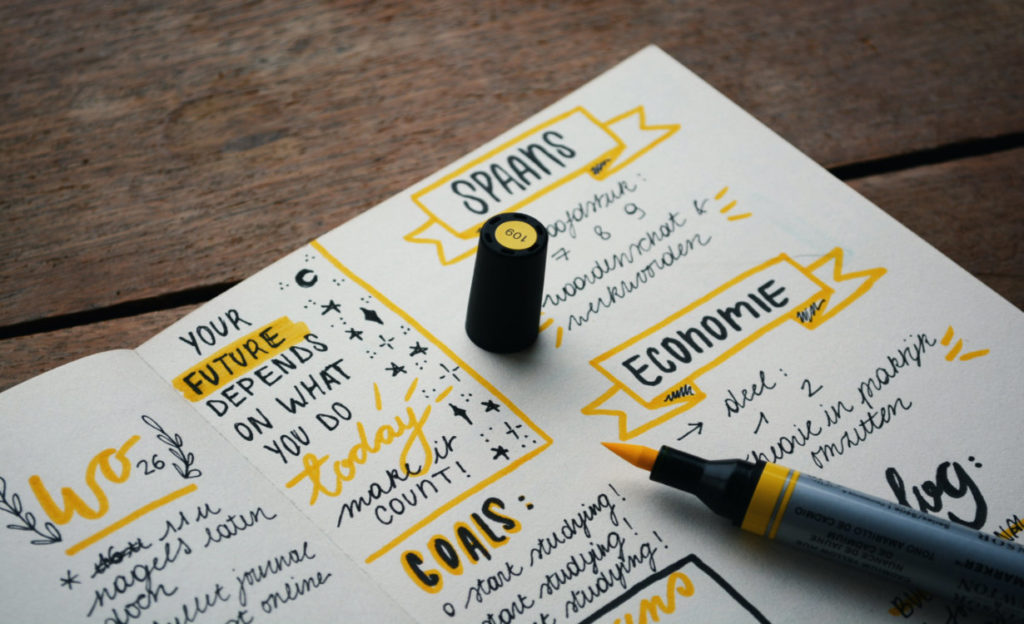
Did you know that approximately 70 million barrels of oil are used each year to make the world’s polyester, most commonly used in making clothing?
Not exactly a recipe for sustainability given it takes more than 200 years for polyester to decompose!
If that’s not alarming enough, consider these facts:
- it takes 20000 liters of water to produce one kilogram of cotton; equivalent to a single t-shirt and pair of jeans.
- the average woman has $550 of unworn clothing in her closet having never worn at least 20% of the items in their wardrobes.
- only 10% of the clothes people donate to thrift stores or charities get sold, the rest goes to a landfill.
- Americans discard around 14 million tons of clothes each year – that’s double the amount they threw away 20 years ago
- the washing of clothes are responsible for a third of the microfibre pollution found in the ocean and other water habitats
- around 84% of clothing are not recycled and end up in landfills or incinerators
The campaign
Acknowledging the grave risk to humanity posed by this problem, Halcyon recently embarked on a Clothing Waste campaign with the goal of convincing people to change their clothing consumption habits in order to reduce the amount of clothing waste they produce.
We designed a quick quiz to both inform people of the issue as well as encourage them to change their behaviour and then launched a campaign to put the quiz in front of people from regions of the world contributing the most to the clothing waste problem.
The results
Big success! The campaign was highly effective at both informing and encouraging people to change their opinion and behavior around clothing waste.
Our quiz revealed that most people weren’t aware of this clothing waste problem and so it was effective in raising the IQ of people on this critical issue.
In addition:
- 91.5% of people who took the quiz said they care more about the clothing industry problem after what they learned.
- 92.4% of people who took the quiz said they’d be more inclined to change the way they live to address the clothing problem.
- 74.2% of people who completed the quiz clicked on a post survey resource containing helpful tips on lessening your clothing waste
What you can do
If you want to help in the fight against clothing waste, you can start today by taking some simple steps:
- Take our awesome quiz!
- Check out the awesome tips to help you lessen your contribution to the clothing waste problem at the end of the quiz
- Share the quiz and what you have learned with your friends to help increase awareness around clothing waste
- Donate! By donating to The Halcyon Movement, you help us create awareness around major societal issues like clothing waste and help us inspire positive behavioral change.









